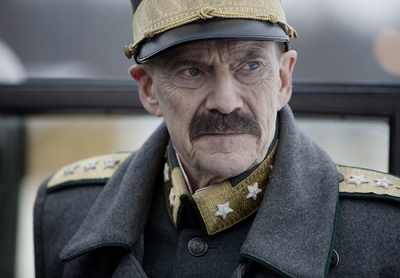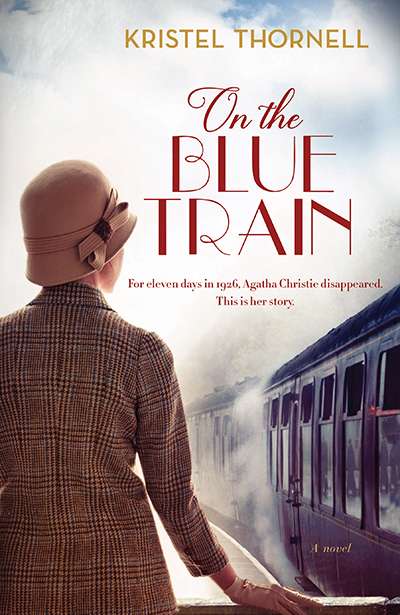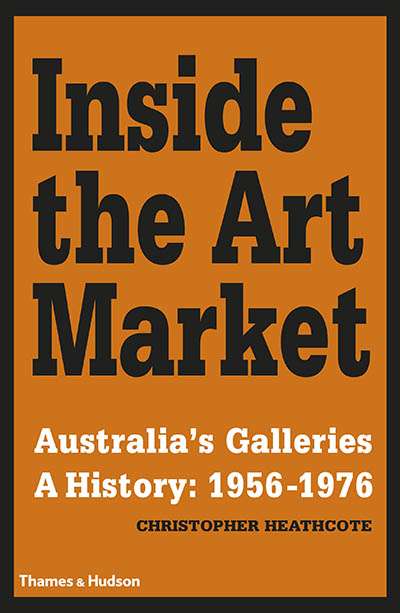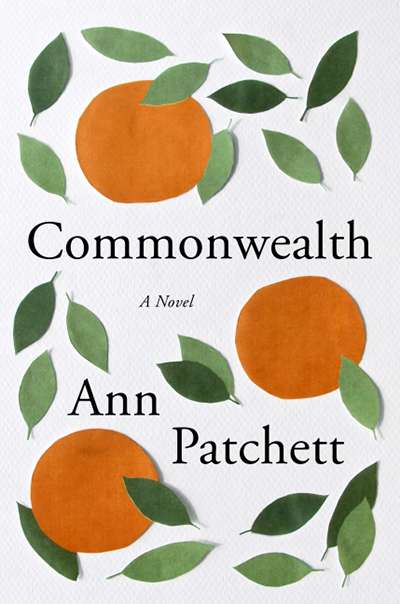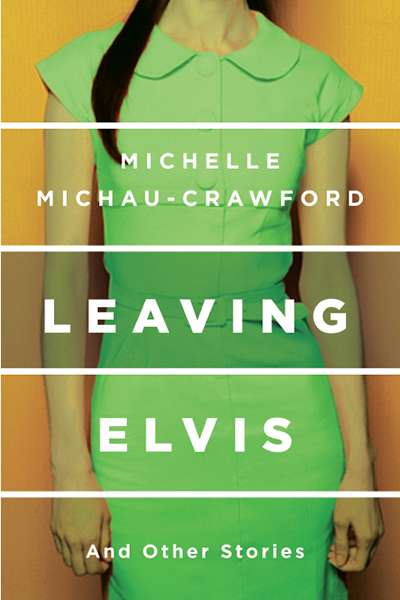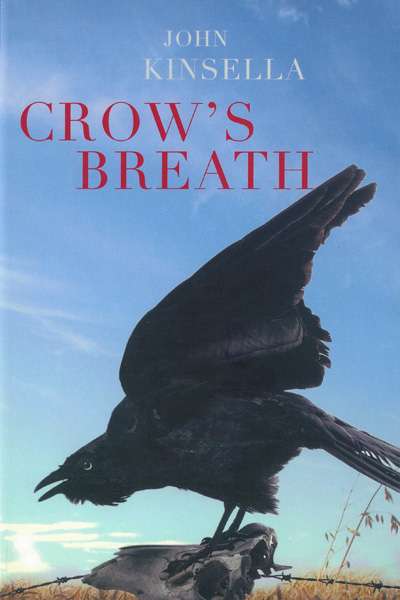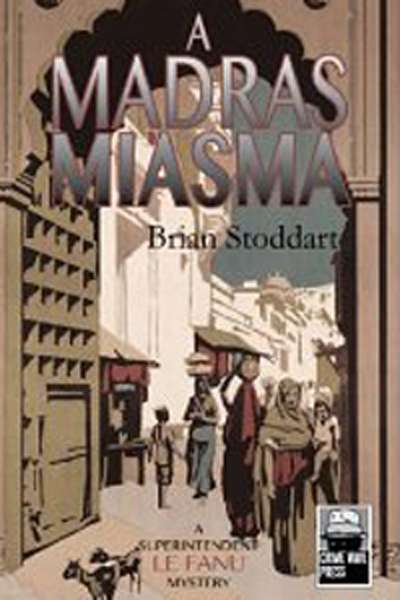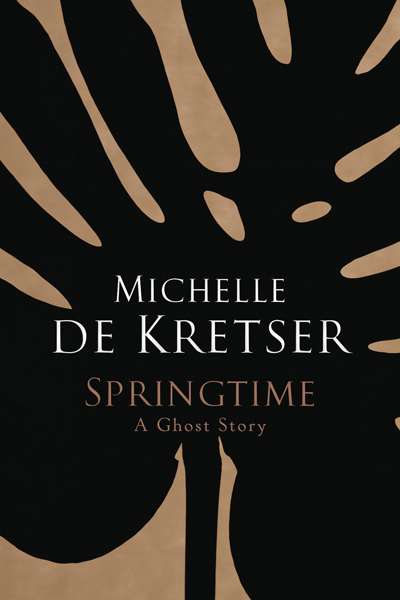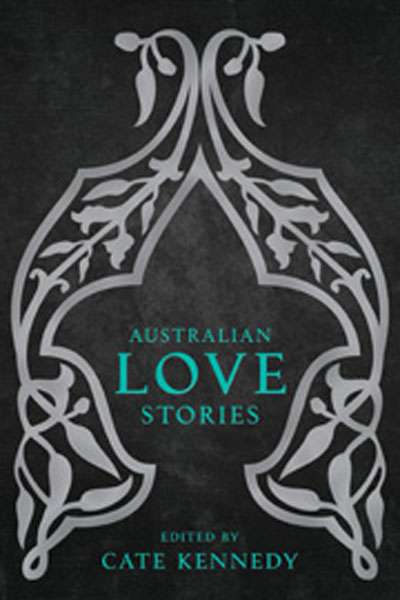Francesca Sasnaitis
Francesca Sasnaitis was recently awarded a PhD in Creative Writing from the University of Western Australia.
On the Blue Train is Kristel Thornell’s reimagining of Agatha Christie’s mysterious disappearance in 1926. Thornell might have let her imagination fly, given that both Dorothy L. Sayers and Arthur Conan Doyle involved themselves in the nationwide search for the missing woman, but instead she has stuck close to the established facts: Agatha was grieving over her beloved mother’s recent death ... (read more)
Like any good storyteller, Christopher Heathcote begins by setting the scene: ‘one of those scruffy unpaved streets on the outer fringe’ of Melbourne on a wintry day in 1956. Two characters step from an American-style automobile and, in true Hollywood fashion, sweep the penurious artist Arthur Boyd into a contract with the fledgling Australian Galleries. The man with the romantic Ronald Colman ... (read more)
Life, one of Commonwealth's minor characters remarks, is a series of losses. Teresa Cousins acknowledges that life is also other, better things, but that it is the losses that define us – 'as solid and dependable as the earth itself'. This is at the crux of Ann Patchett's seventh novel, but Commonwealth is not a maudlin, grief-stricken ramble through divorce and disaster. To the contrary, it is ... (read more)
Shelley Davidow's multi-generational memoir begins in 1913 with her Jewish great-grandfather Jacob escaping the pogroms of tsarist Lithuania for the rigours of life in the American Midwest. The English language eludes Jacob, who struggles to make a decent living in his adopted country. Poverty contributes to his wife's untimely death. Jacob's son and daughter are consigned to a Jewish orphanage. L ... (read more)
Michau-Crawford's accomplished début collection bears comparison to Tim Winton's impressionistic The Turning (2005) and Elizabeth Strout's Olive Kitteridge (2008), though Leaving Elvis is properly neither the portrait of place nor of a single character. The place might be any dilapidated small town in the wheat-belt region of Western Australia. The chronological stories follow the fortunes, or mo ... (read more)
Recently I drove east from Perth through wheat belt country to the Helena and Aurora Ranges, past Cunderin, Kellerberrin, and Koolyanobbing, towns whose names echo the rhythms of the landscape; past the shimmering salt pan that was once Lake Deborah East; down rutted tracks which changed abruptly from red earth to yellow sand; past the ravages of iron ore mines to the sacred Aboriginal ochre quarr ... (read more)
Brian Stoddart is a scholar and expert in the history of modern India, with sixteen works of non-fiction to his credit. His first novel, A Madras Miasma, is set soon after World War I. The body of an Englishwoman is found with her head buried in the rancid mud of the Buckingham Canal, behind Chepak Palace. Superintendent Christian Jolyon Brenton Le Fanu, head of the recently formed Madras City Cri ... (read more)
Anyone who has lived in Sydney’s inner west will recognise the terrain of Springtime: gardens redolent of mystery and decay, shabbiness, unexpected vistas, and streets that Michelle de Kretser describes as running ‘everywhere like something spilled’.
Frances has moved to Sydney with Charlie, who has left his wife and son Luke behind in Melbourne. Luke’s occasional visits fuel Frances’s ... (read more)
You are perfect for this story. I will never meet you.’ We are invited into Australian Love Stories and into Bruce Pascoe’s erotic reverie with this line from ‘Dawn’. The reader is embraced, as the luxuriating eye of Pascoe’s narrator embraces the recumbent body of the woman beside him. His gaze is illicit, touch forbidden. We are privileged voyeurs, given temporary access to hidden thou ... (read more)


